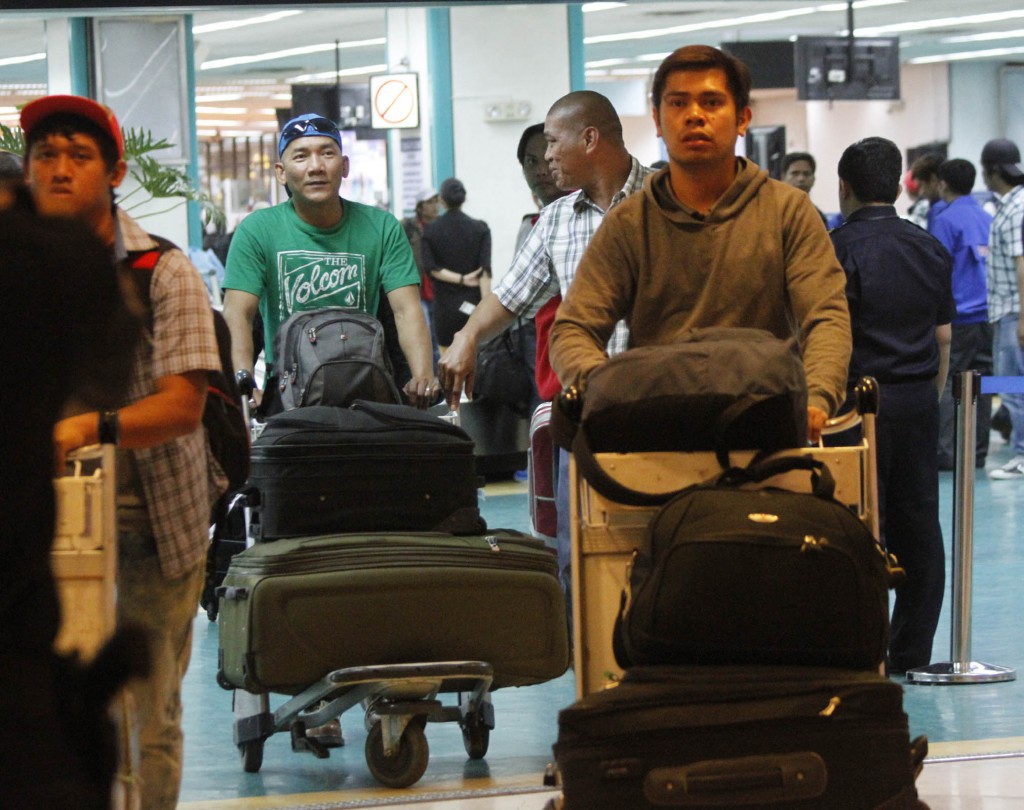
MANILA — Despite being one of the fastest growing economies, the Philippines continues to send worker after worker overseas because “there aren’t enough jobs” for Filipinos.
BBC Philippines reporter Stephen Sackur made this note in his BBC News article entitled “The Country Training People to Leave.”
Sackur recalled his experiences in Housemaid Academy where students are trained to become experts in doing household chores like cleaning and cooking. It is one of the many schools that produces maids, chauffeurs, mechanics, and gardeners with the purpose of “launching them into long-term service abroad.”
More and more Filipinos are choosing to work abroad as overseas Filipino workers (OFWs) — enduring homesickness and being away from their loved ones — all for a brighter future. The article also highlighted how Filipinos greatly contribute in boosting the Philippine economy through their hard-earned monetary remittances to their families back home.
“These economic exiles — there are are currently some 10 million of them — send back foreign currency which is the lifeblood of the Filipino economy,” wrote Sackur.
“The extraordinary exodus of labour acts as a safety valve in a country struggling to provide home-grown jobs for a population rising by more than two million every year,” he continued.
Aside from the remittances from OFWs, Sackur also mentioned the growing business process outsourcing (BPO) industry as among the major economic drivers of the country.
“Alongside the remittances of overseas workers, there’s a new phenomenon keeping the Philippines economy afloat. It’s known as BPO, business process outsourcing — you could call it the rise of the call centre economy. More and more Western companies have moved their low-cost back-office operations to the Philippines,” he pointed out in the same article.
Sackur concluded his article by citing an OFW named Sheralyn Gonzales who said, ” I tell my children to have two kids, then use contraception.”
In a story typical of many Filipino families, Sackur wrote, “If the next generation of Gonzales’s heed her advice their country’s future is promising. If not, tens of millions of young Filipinos may find themselves stuck in a poverty trap, still dependent on overseas labour as a means of escape.”